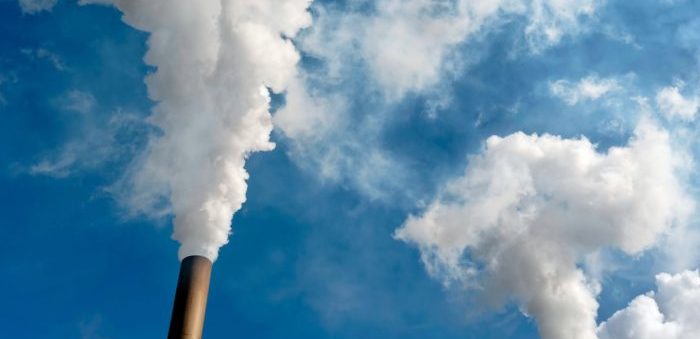India plans promotion of methanol as a shipping fuel instead of diesel, which could help address the problem of pollution in the maritime sector, according to the Union Minister of Shipping and Waterways, Nitin Gadkari, as quoted Monday, speaking at an event at the Indian Institute of Technology, Madras.
On the sidelines of the ceremony, which laid the foundation stone for a national technology centre to modernise India’s ports and fast track waterways, Mr. Gadkari announced that the government is making a four multi-modal hubs across river Ganga, in Varanasi, Haldia, Sagarganj, Sahibganj, as well as at 60 river ports, where it plans to use methanol as fuel.
The National Technology Centre for Ports, Waterways and Coasts (NTCPWC), under the Sagarmala project, aims to modernize Indian ports and fast track waterways, working in cooperation with the Ministry of Shipping, with an innovation-oriented strategy for the Indian maritime sector.
Sagarmala project is a strategic US$120 billion investment initiative of the Government of India entailing setting up of at least 6 mega ports, modernization of several dozen more ports, development of at least 14 Coastal Economic Zones and at least 29 Coastal Economic Units, resulting in US$110 billion export revenue growth, generation of 150,000 jobs, and modernization of the port-led development to contribute in India’s growth.
In a bid to reduce pollution at sea, the government has started discussions with engine manufacturers to make bio-fuel compliant engines for ships, Mr. Gadkari was quoted as saying in late 2017.
The life-cycle NOx emissions from methanol are approximately 45 % of those of conventional fuels per unit energy and the life-cycle SOx emissions of methanol are approximately 8 % of those of conventional fuels per unit energy. In the case of both NOx and SOx, the emissions reductions are due to the fact that methanol results in lower emissions during the combustion phase, according to a DNV GL report on the use of methanol as marine fuel.

































































